‘Unbearable’: Blistering heat threatens lives and livelihoods in India
Deaths feared as temperatures approach 50C in intense heatwave
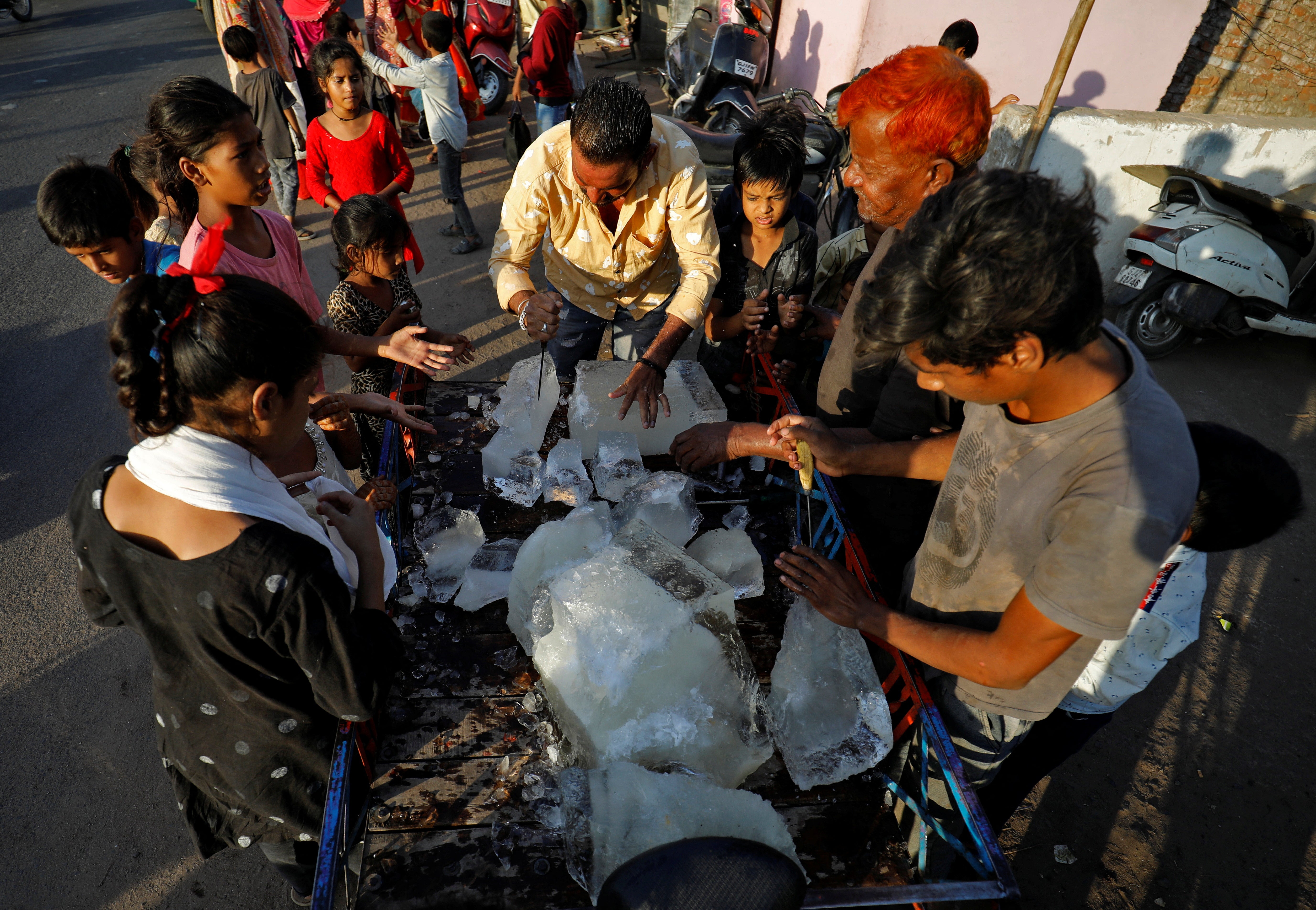
Your support helps us to tell the story
From reproductive rights to climate change to Big Tech, The Independent is on the ground when the story is developing. Whether it's investigating the financials of Elon Musk's pro-Trump PAC or producing our latest documentary, 'The A Word', which shines a light on the American women fighting for reproductive rights, we know how important it is to parse out the facts from the messaging.
At such a critical moment in US history, we need reporters on the ground. Your donation allows us to keep sending journalists to speak to both sides of the story.
The Independent is trusted by Americans across the entire political spectrum. And unlike many other quality news outlets, we choose not to lock Americans out of our reporting and analysis with paywalls. We believe quality journalism should be available to everyone, paid for by those who can afford it.
Your support makes all the difference.Power outages. Dumpster fires. And comparisons to climate disaster fiction.
This is India in 2022, as extreme heat intensified by climate change is threatening lives and crops and the country braces itself for higher temperatures and more blistering weather in the days to come.
“It’s really quite unbearable,” said hydroclimatologist Arpita Mondal at the Indian Institute of Technology in Mumbai. “It is so hot and humid that even if you’re not doing anything, just sitting in one place below the fan or AC, it’s also tiring - it’s that bad.”
Those who have no choice but to turn up to work outside because they’re paid a daily-wage have it significantly worse. Prolonged exposure to extreme temperatures such as those being recorded in India this week carries significant health risks.
“It can be fatal for some,” said Dr Mondal.
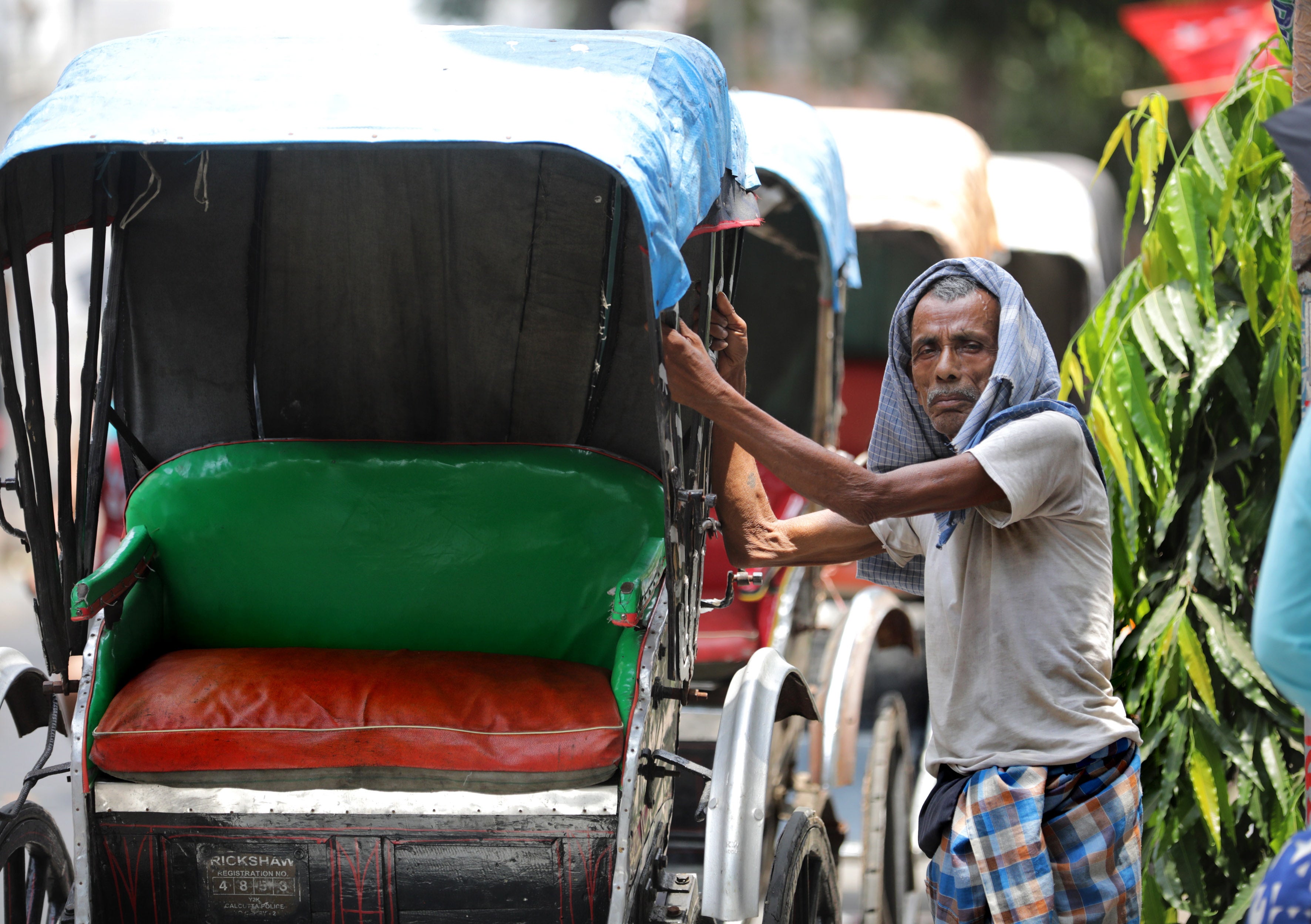
More than a billion people are at risk of heat-related health impacts, scientists say. Temperatures have soared past 40C in India’s capital New Delhi and are forecast to linger around 44C until Sunday, with the peak summer heat still to come before cooling monsoon rains arrive in late June or July. Across the border in Pakistan, temperatures in the Dadu area reached 47.5C on Thursday and the mercury is forecast to approach 50C this weekend in parts of the country.
“Temperatures are rising rapidly,” India’s prime minister Narendra Modi told the heads of state governments in an online conference on Wednesday. “And rising much earlier than usual.”
Mr Modi also warned that the country was already seeing increasing incidents of fires, including in hospitals over recent days. Dozens of people die every year in fires at Indian hospitals and factories, mainly due to illegal construction and lax safety standards, according to the news agency.
The heatwave cloaking India stands out for two reasons, according to Dr Mondal.
The first is that it struck early. India’s main summer months — April, May and June — are always excruciatingly hot in most parts of the country before monsoon rains bring cooler temperatures. But this year, India recorded the hottest March on record since the India Meteorological Department began keeping track 122 years ago.
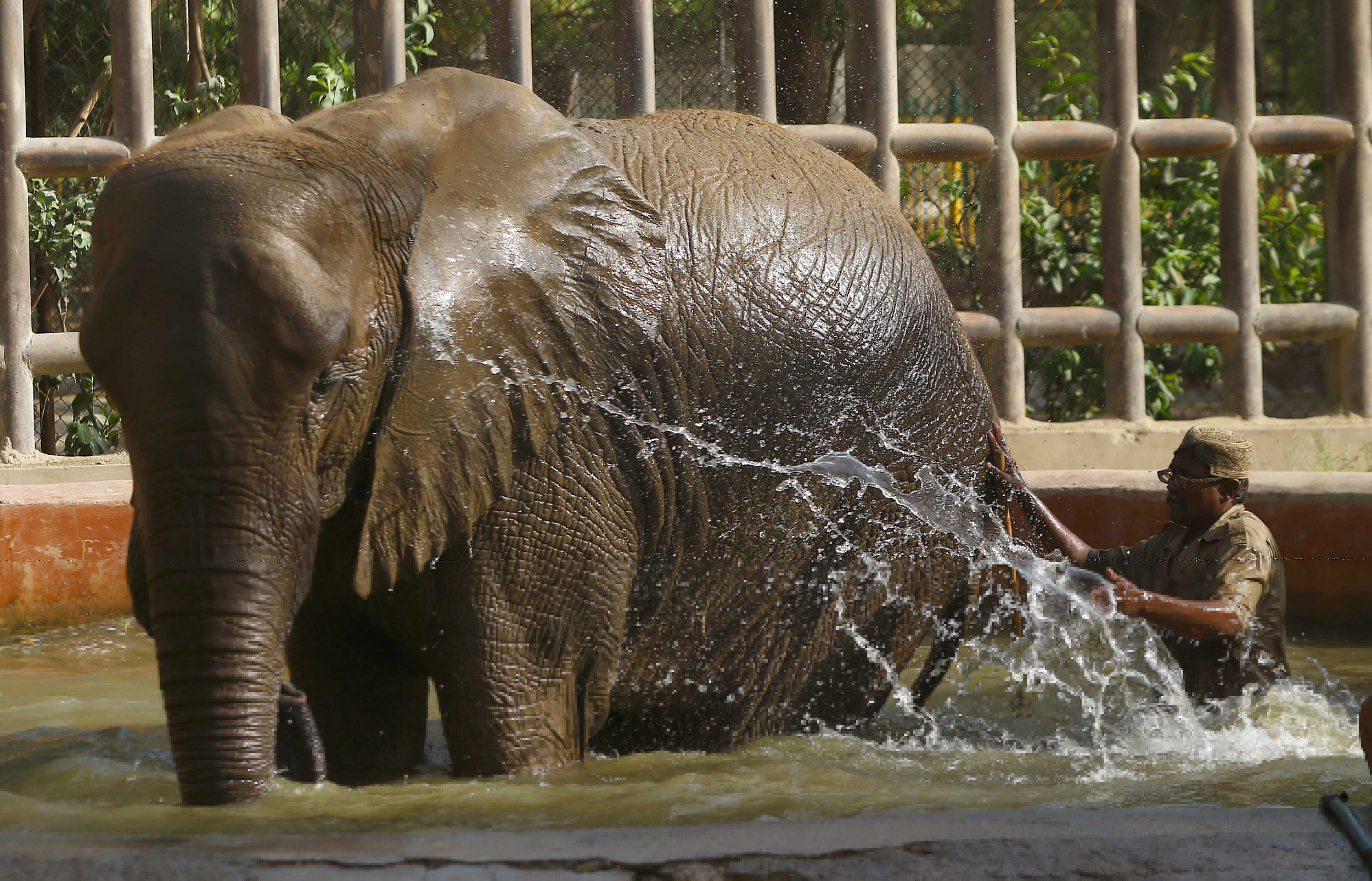
The second is that it is affecting the majority of the country, rather than the usual hotspots which are the central-northern, northwestern region that includes Rajasthan and the south-east, including Andhra Pradesh, she said. This year most of India’s 1.4 billion population, apart from maybe those in the mountainous regions, are reeling from the heat, she added.
It is too early for scientists to measure the extent to which this heatwave has been fuelled by climate change. But climate scientists have warned that heatwaves are increasing in intensity and frequency in India and across the world due to global heating, mainly caused by burning fossil fuels.
The United Nations landmark climate report published last August found said: “It is virtually certain that hot extremes (including heatwaves) have become more frequent and more intense across most land regions since the 1950s.” The report said it had “high confidence” that human-induced climate change is the main driver of these changes.
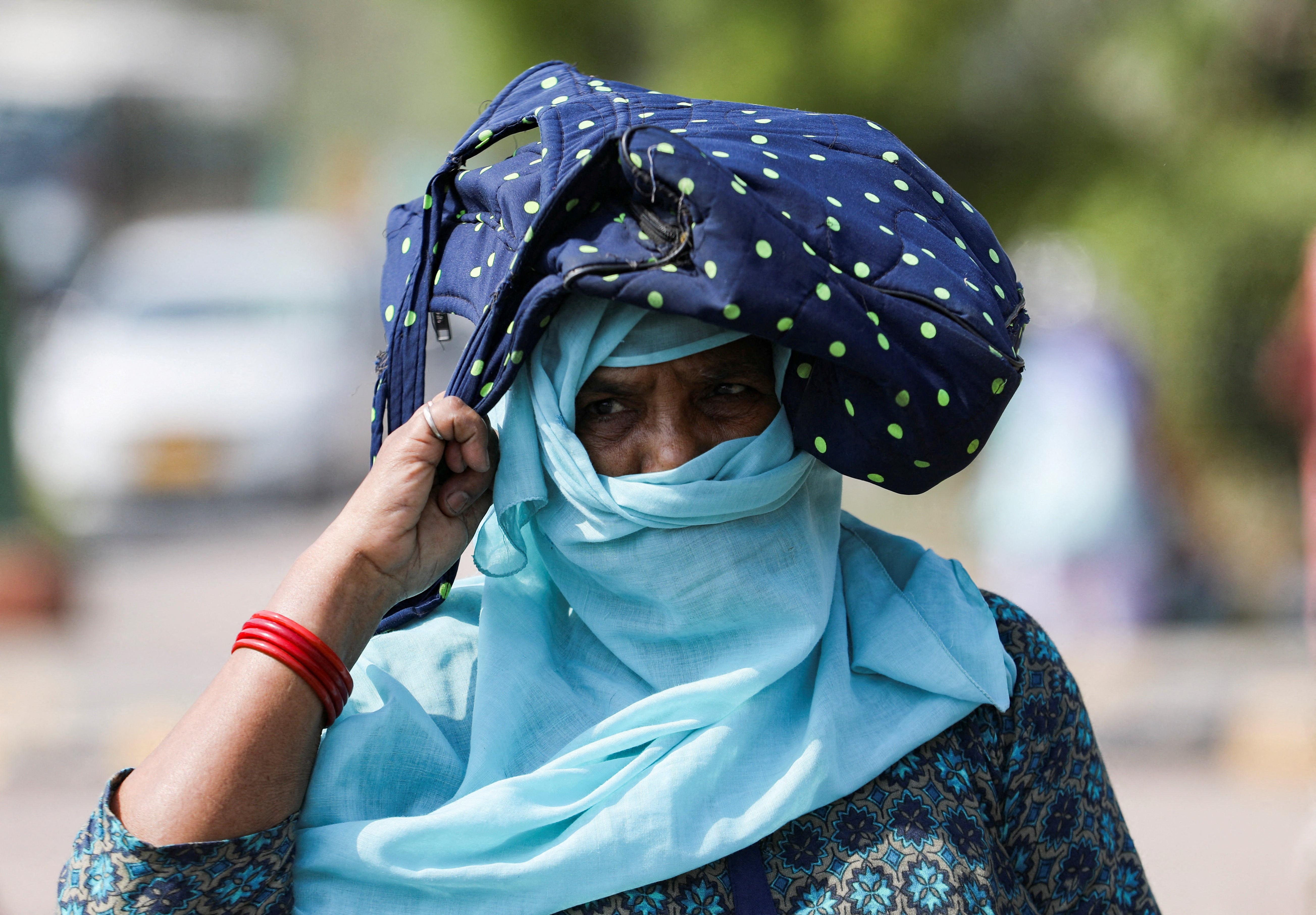
“Every heatwave occurring today has been made more likely and more intense because of climate change,” said Friederike Otto, a senior lecturer in climate science at the Grantham Institute for Climate Change and the Environment at Imperial College London. “Heat waves are where climate change really is a game changer and they are the deadliest extremes there are.”
In India, heatwaves have arrived early and grown particularly intense in the past decade, killing hundreds every year.
Francesco Tamilia, a policy analyst who recently worked on a report that explored the impacts of climate change on heatwaves and the implications for human health, said beyond causing heat stroke, when the body is unable to regulate its temperature, and exacerbating cardiovascular and respiratory diseases, there was evidence extreme heat could contribute to premature births, low birthweights and increased the risk of stillbirth.
It also affects mental health, he said, with rising temperatures linked to increasing rates of suicide, according to one study.
Extreme heat can also have a negative impact on the economy and is linked to low productivity as it becomes too hot for some people to work, said Mr Tamilia who works at the Public Policy Projects, an independent policy institute.
The soaring temperatures are already damaging the wheat yield, leaving shrivelled crops, according to local reports. This is concerning considering Russia’s invasion of Ukraine is already threatening the world’s wheat supply.
There are, however, some adaptation success stories.
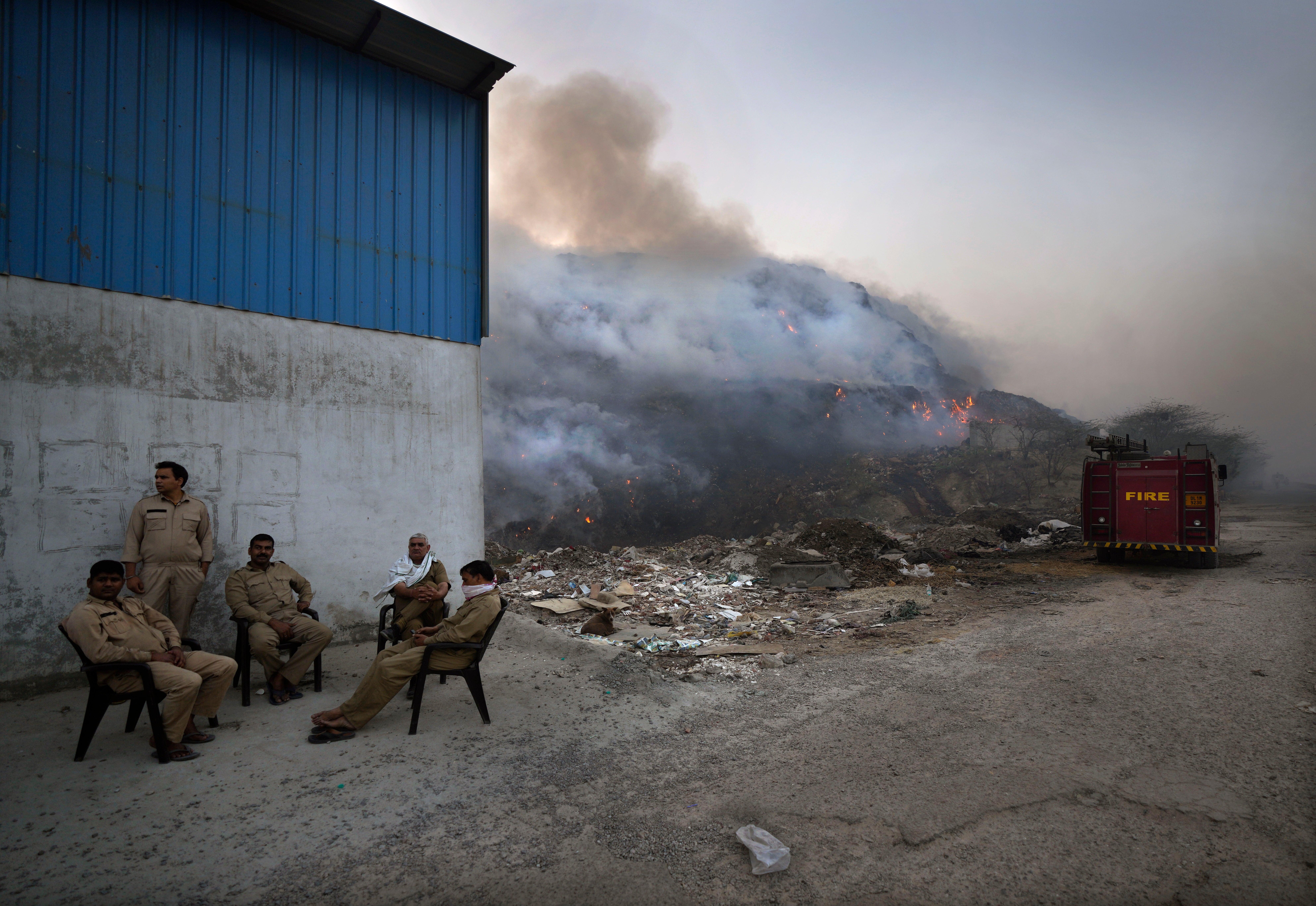
Dr Mondal pointed to an initiative in the city of Ahmedabad in Gujarat state which had replaced aluminium roofs in the city’s slums with ones made of fibres and cardboard that would be more cooling.
Nevertheless, several climate scientists and weather watchers have pointed out that the heatwave was just another example of how those that contributed little to global heating were suffering from its consequences.
“What about those without enough clean water to drink, resources to cool their homes, or jobs that let them to stay indoors,” Chandni Singh, an environmental social scientist at the Indian Institute for Human Settlements in Bengaluru, posted in a tweet. “It is deep climate injustice that those who face the brunt of the current heatwave have contributed so little to the problem.”
“As a climate scientist, the question plaguing me is where do we go from here?”
Aditi Mukherji, a researcher in climate change adaptation at the International Water Management Institute, said she couldn’t understand why high emitters weren’t reducing their emissions fast enough.
“How do you adapt to such extreme heat? You simply can’t,” she tweeted. “Mitigation is the best adaptation.”
Join our commenting forum
Join thought-provoking conversations, follow other Independent readers and see their replies
Comments